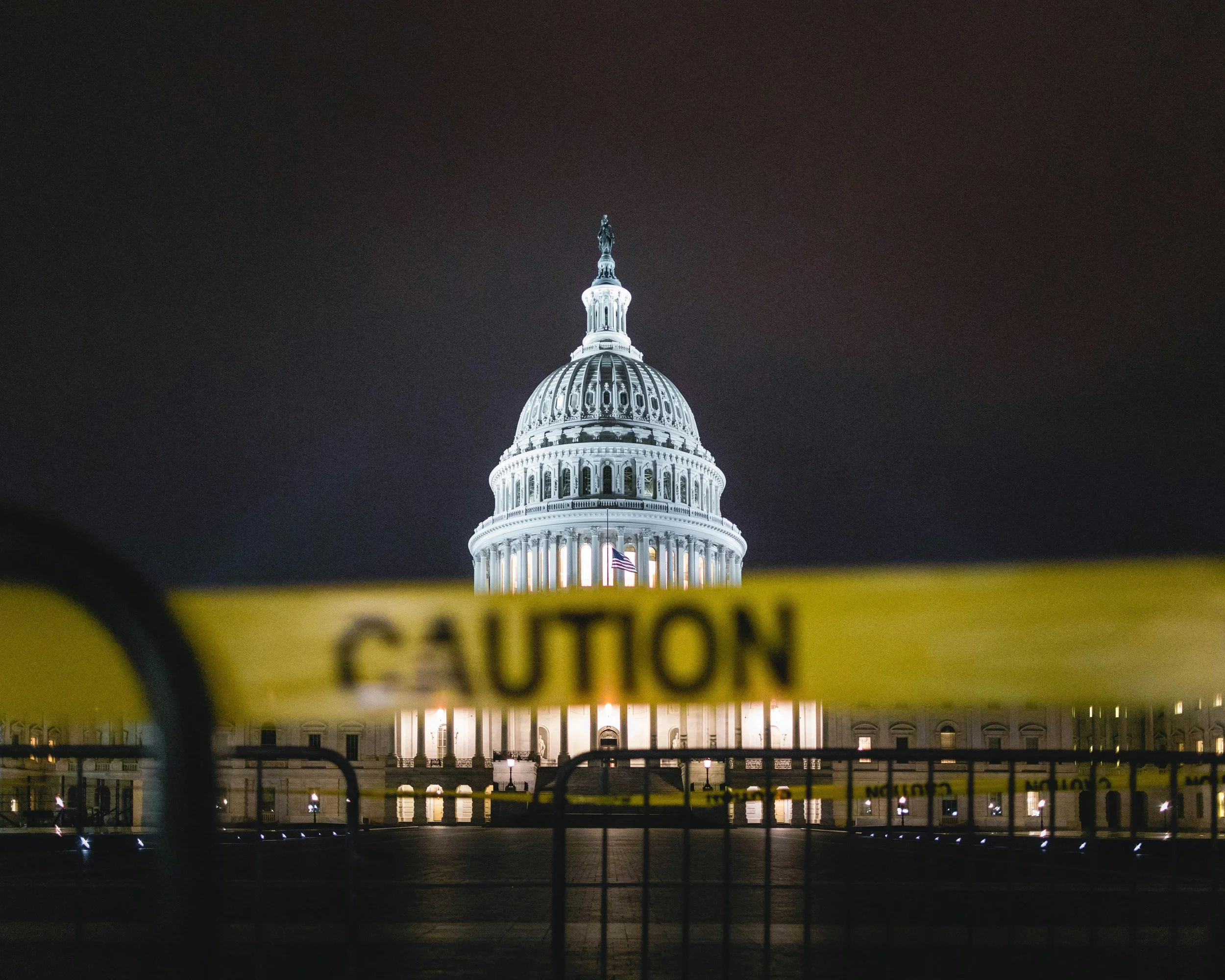Shutdowns Hurt All of Us—Here’s How
The federal government shut down at midnight on September 30, 2025. Here’s what you need to know.
Why We’re Actually Shut Down
Republicans passed a “clean” bill to fund the government through November 21—no policy changes attached. Democrats blocked it because they want to address health care subsidies expiring on December 31, 2025.
Republicans say: fund the government now, negotiate healthcare separately later.
Democrats say: later is too late.
What’s Expiring
Enhanced ACA premium tax credits help 22 million Americans afford health insurance by capping premiums at 8.5% of income.
On January 1, 2026, if Congress doesn’t act:
“Average net premiums for subsidized enrollees would more than double — about a 114% increase.”
“Premiums for households above 400% of poverty could rise by over 90%.”
“Over 4 million Americans could lose coverage if subsidies lapse.”
Why Timing Matters
Open enrollment begins November 1. Insurance companies are setting 2026 rates right now based on whether they think Congress will extend the subsidies.
If Congress waits until December to negotiate, 22 million people will see massive premium increases when they shop for 2026 coverage in November—even if subsidies get extended later.
Republicans argue the subsidies deserve a separate debate, not a rushed attachment to government funding. The permanent extension costs $350 billion over 10 years.
The question
Will the December negotiations actually take place once the immediate crisis passes?
Or
Will 22 million people see their premiums double?
Who Pays for the Shutdown
800,000+ federal employees – working without pay or furloughed
4.1 million contractors – janitors, security guards, cafeteria workers get no back pay at all
2 million military members – serving without paychecks (25% face food insecurity)
13,227 TSA and air traffic controllers – working without pay, flights delayed
Small businesses – frozen loans and permits
The 2018–2019 shutdown cost $11 billion, with $3 billion never recovered. Meanwhile, Congress keeps their $174,000 salaries.
The Bottom Line
This shutdown is about timing and trust.
Can 22 million Americans trust that Congress will fix their healthcare in December, or do Democrats need to force it now?
Either way, shutdowns don’t punish politicians. They punish people.
Federal workers, contractors, military families, and 22 million Americans facing premium increases are caught in a standoff over process while the costs pile up and the clock runs out.

